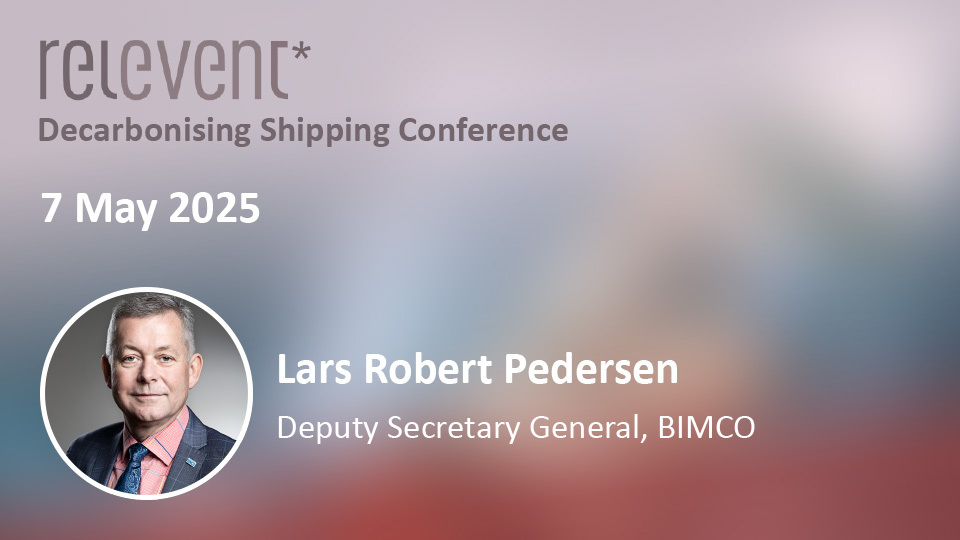Important elements still missing after IMO working group meeting on GHG reductions
Overview
Several associated guidelines also still need to be agreed before we can assess the impact of the proposed regulation on the fleet.
Some countries and organisations have expressed that the outcome of this week’s deliberations fail to meet the ambitions of the IMO initial strategy and the Paris Agreement. To this we can only say: we don’t know. Because important elements are still missing, it is impossible to judge the effect.
The IMO initial strategy’s ambition to improve carbon efficiency of the fleet by 40% by 2030 compared to 2008 is silent on how carbon efficiency shall be measured. Thus the 2030 ambition may, or may not, result in lower total emissions from the fleet – it all depends on the metric chosen and resulting change in operational behaviour of ships.
The litmus test of any measure must be to evaluate its ability to reduce total emissions. The initial strategy’s 2050 ambition to reduce total emissions by 50% compared to 2008 is the important milestone in shipping’s quest to decarbonise.
Feedback or a question about this information?
VPS Bunker Alerts
Veritas Petroleum Services (VPS) publish regular Bunker Alerts based entirely on fuel samples and have kindly permitted BIMCO’s Members to access this information.
The Bunker Alerts are not intended to be an evaluation of overall bunker quality in the port or area concerned, but usually highlight a specific parameter within the fuel which has raised a quality issue.
Latest ice reports for members
Latest piracy reports
Latest industry releasable threats
ELSEWHERE ON BIMCO
Contracts & Clauses
All of BIMCO's most widely used contracts and clauses as well as advice on managing charters and business partners.
Learn about your cargo
For general guidance and information on cargo-related queries.
BIMCO Publications
Want to buy or download a BIMCO publication? Use the link to get access to the ballast water management guide, the ship master’s security manual and many other publications.
About a new business partner
We can help members check new business partners. We also help to recover millions of USD (undisputed) funds every year.




